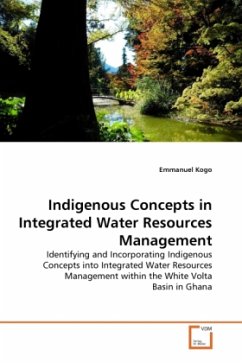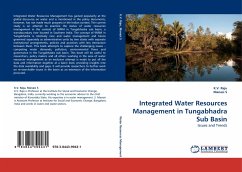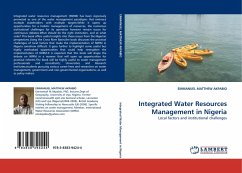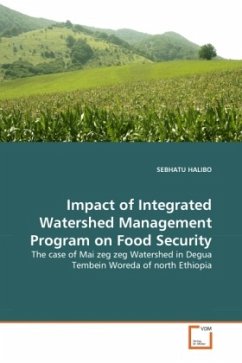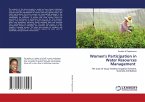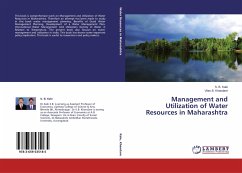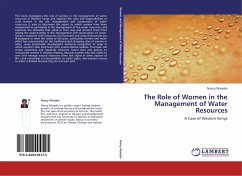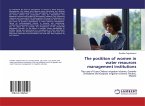The enactment of the Water Resources Commission (WRC) Act in Ghana in 1996 in effect abolished the pre-1996 customary regime which allowed the ownership of water to be handled by stools, skins, society, families among others. In place of the customary regime, the state has taken over the ownership, control, and management of water within the territorial boundaries of the Nation through the establishment of the WRC. This research was therefore aimed at: 1. to identify and determine effective Indigenous Forms of Water Resources Management (IFWRM)within six selected communities in five Districts of the Upper East Region of Ghana. 2. suggest ways of incorporating these identified IFWRM's into formal Water Resources Management (WRM) within the White Volta River Basin (WVB) where all the study communities are located.
Bitte wählen Sie Ihr Anliegen aus.
Rechnungen
Retourenschein anfordern
Bestellstatus
Storno

